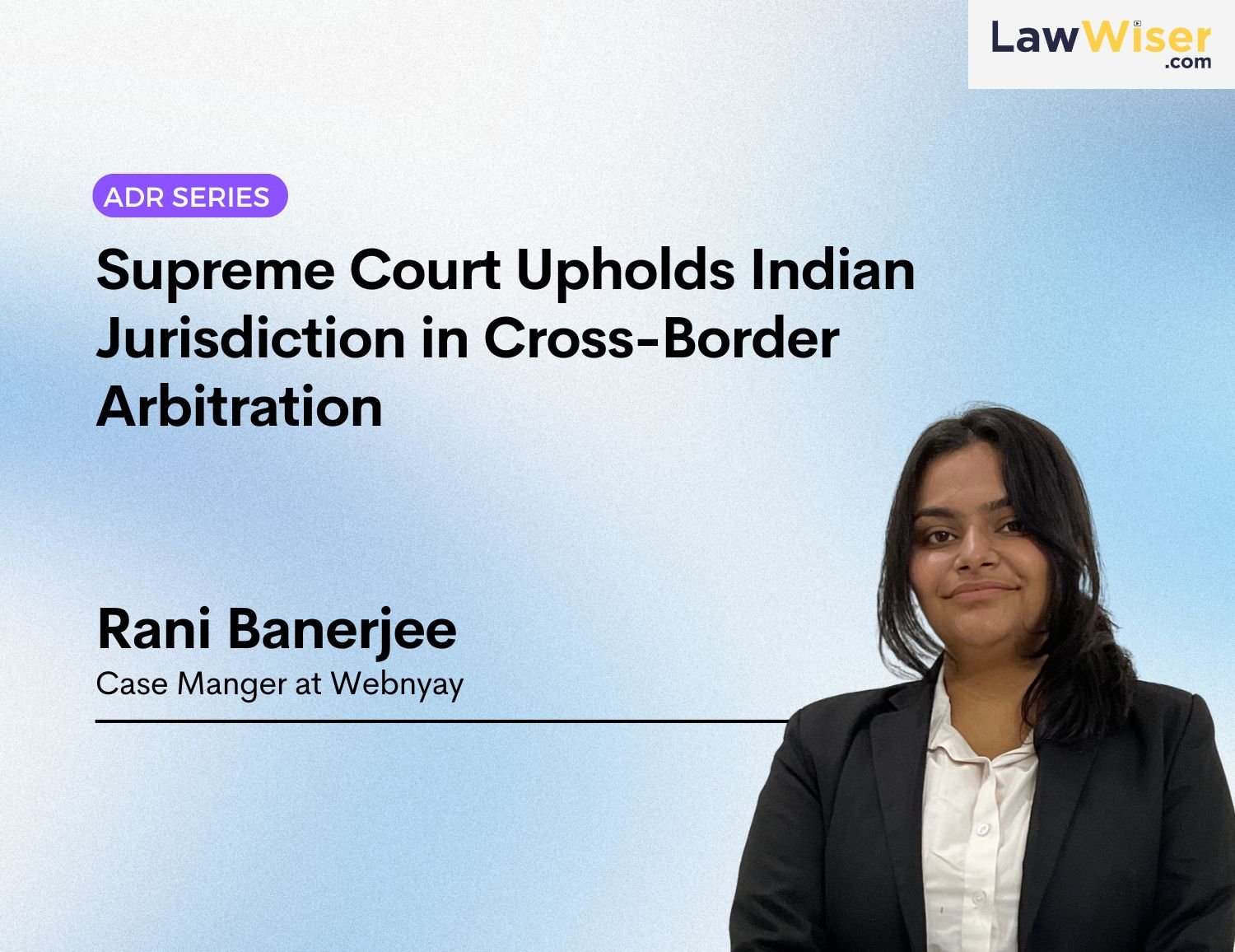Probate in India refers to the legal process of proving and registering a deceased person’s will in court to validate its authenticity and to authorize the executor named in the will to administer the estate according to its terms. The probate process involves submitting the original will and related documents to the appropriate court, which examines the will’s validity, ensures compliance with legal requirements, and grants probate to the executor. Once probate is granted, the executor obtains legal authority to collect the deceased person’s assets, pay debts and taxes, and distribute the remaining estate to the beneficiaries as specified in the will. Probate is governed by the Indian Succession Act, 1925, which sets out the procedural requirements, jurisdiction of courts, and rules for probate proceedings. The probate process varies depending on factors such as the complexity of the estate, the presence of disputes or challenges to the will, and the applicable personal law governing succession. Probate serves to safeguard the deceased person’s testamentary intentions, protect the interests of heirs and beneficiaries, and provide a legal framework for the orderly administration and distribution of assets after death.
Don’t have an account? Sign Up
Probate
 June 8, 2024
June 8, 2024
Share
Write a Reply or Comment Cancel reply
CONTINUE READING
TWITTER FEED
- Congratulations to @VivekSoodDelhi for being recognised as ‘Emerging Senior Counsel of the Year’ at #UKILP… https://t.co/oHwBtL5geH
- Wishing you a Merry Christmas and a Happy New Year from all of us at LawWiser!#christmaseve #newyears https://t.co/ax6VOHyUcj
- Watch @AvaniShukla27, Associate- Content & Collaborations, LawWiser to learn about the recent landmark verdict give… https://t.co/OZnf0Z9PJr
- We are delighted to share that our Co-founder @LavanyaBehl1 is featured in the 30 people to watch in the… https://t.co/wmMrtvduKk
- Sanjeev Sachdeva has rejoined Luthra and Luthra Law Offices India Leadership team as Mentor and Partner. Read More… https://t.co/7F1M8p4w23
LINKEDIN FEED
- See you tomorrow at LawWiser Sip & Paint event, Co-hosted by Desai & Diwanji. #legal #law #lawfirm
- Wishing you a Happy Republic Day from all of us at LawWiser! #republicday #constitutionofindia
- Catch a glimpse of the vibrant moments from our previous Sip & Paint event.#legalevents #lawfirm #generalcounsel
- Exploring Essential Business Documents! In our latest video, we delved into crucial documents vital for every business journey: https://lnkd.in/d-vYuDDs
- From shaping ethical business practices to ensuring social justice, law plays a pivotal role in our world. Get ready to explore how legal frameworks empower businesses and create positive societal change.#staytuned #legal #lawforchange #changemakers











 September 2, 2025
September 2, 2025 0 COMMENTS
0 COMMENTS


